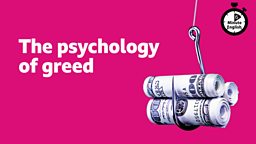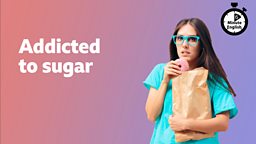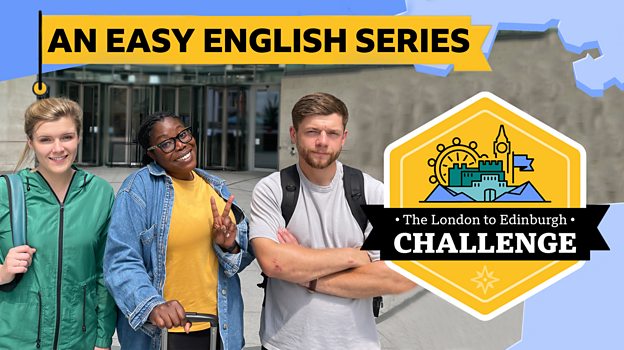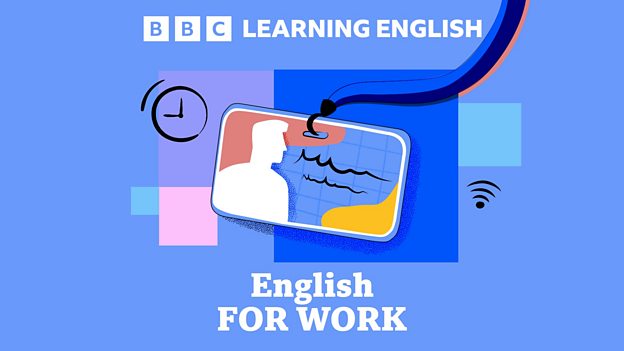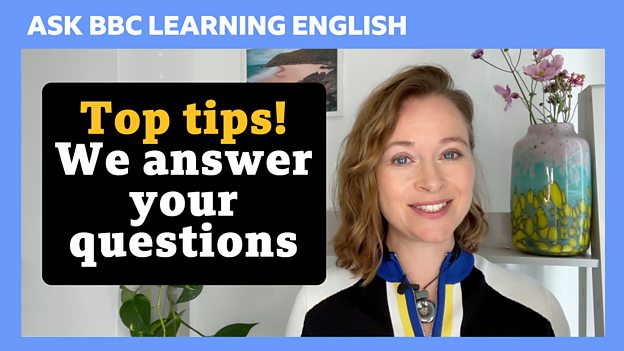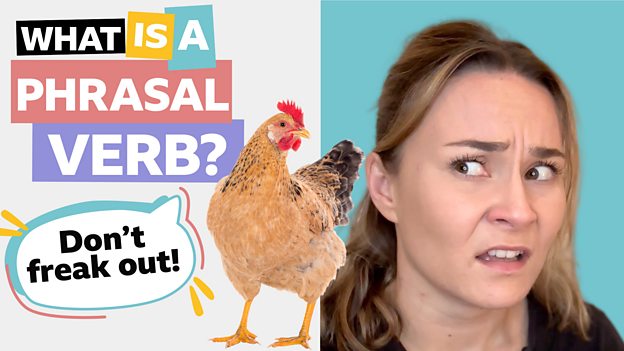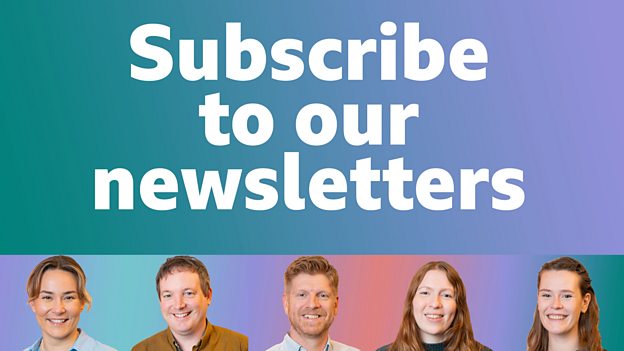6 Minute English
Intermediate level
Sewing to fight period poverty
Episode 240307 / 07 Mar 2024

Introduction
Period poverty affects over 500 million people worldwide. To help fight this, the Pachamama project has recruited volunteers who sew reusable period products for refugees. Georgie and Beth discuss this and teach you some useful vocabulary.
This week's question
Periods affect girls and women of reproductive age, that’s roughly half the female population, or 26% of the global population. But how many people is that? Is it:
a) 2.1 billion people?
b) 2.3 billion people? or,
c) 2.5 billion people?
Listen to the programme to hear the answer.
Vocabulary
sew
join pieces of material by repeatedly passing thread through them with a needle, either by hand or using a sewing machine
to this day
up to and including the present moment
absorbent
able to soak up liquid through the surface and hold it
disposable
designed to be thrown away after it has been used
barely
by the smallest amount; only just; scarcely
chat away
pass the time by talking with someone
TRANSCRIPT
Note: This is not a word-for-word transcript.
Georgie
Hello. This is 6 Minute English from BBC Learning English. I’m Georgie.
Beth
And I’m Beth. Menstruation is an issue that’s not often talked about, yet every month it affects billions of women around the world. Menstruation, or periods, are a natural process that typically happen once a month when women and girls bleed from their vagina for a few days as part of the reproductive cycle. When this happens, women need special products like sanitary pads or tampons to manage the flow of blood and go about their day-to-day life.
Georgie
Unfortunately, over 500 million people around the world either don't have access to these products or can't afford to buy them, and this is called period poverty. Period poverty has serious consequences, for example, girls on their periods not going to school affects their education, and women who can’t work during their period have less income. What’s more, it can cause health problems because, without sanitary products, its easy to get infections.
Beth
In this programme, we’ll be learning about one project fighting period poverty affecting thousands of women refugees. And, of course, we’ll be learning some useful new vocabulary as well. But first, Georgie, I have a question for you. Periods affect girls and women of reproductive age, that’s roughly half the female population, or 26% of the global population. But how many people is that? Is it:
a) 2.1 billion people?
b) 2.3 billion people? or,
c) 2.5 billion people?
Georgie
I’ll guess it’s about 2.1 billion people.
Beth
OK, Georgie, I’ll reveal the answer at the end of the programme. Ella Lambert was a student at Bristol University when she started The Pachamama Project in 2020 during the first Covid lockdown. She’d heard about period poverty and decided to put her lockdown time to good use by making sanitary pads, pieces of soft material used to absorb menstrual blood. Here’s Ella explaining how her project got started to BBC World Service programme, ‘People Fixing the World’:
Ella Lambert
So I borrowed a sewing machine from a friend, I learned how to sew on YouTube, and then I just started making pads. And even now to this day, I can't sew anything else, only pads.
Myra Anubi
Ella started making reusable sanitary pads which aren't a new thing. They’re made from absorbent fabrics such as fleece and cotton sheets which means that they can be used over and over again after they're washed unlike disposable pads.
Georgie
Ella spent lockdown learning how to sew, how to join pieces of material by hand using a needle and thread, or with a sewing machine. In fact, Ella was so focused on sewing sanitary pads she didn’t make anything else, and to this day, pads are the only thing she knows how to sew. Ella uses the phrase, to this day, to say: up to and including the present moment.
Beth
Sanitary pads aren’t easy to make. The outer layer has to be soft because it touches the skin, but they also need to be absorbent, able to soak up liquids like blood and hold them. What’s more, Ella designed her pads to be washed and used again, unlike most sanitary pads bought in shops which are disposable, designed to be thrown away after they’ve been used.
Georgie
Ella’s network of volunteers sewing reusable sanitary pads grew, and to date the Pachamama Project has donated tens of thousands of period products to refugees fleeing conflict in Syria, Turkey and Lebanon, as well as women here in the UK.
Beth
Plus, the project is helping in other ways too. Despite affecting so many people, and being necessary for life itself, many cultures consider menstruation unclean or shameful, not a topic of polite conversation. But Ella thinks her project is giving refugees the confidence to talk about periods, as she told BBC World Service’s, People Fixing the World:
Ella Lambert
I have seen such major change in such a short short period of time. Like, the women originally who were distributing the pads would barely even speak about it and we had it behind a curtain, and now they’ll chat away about the pads with their male colleagues, anyone that comes into the shop…
Georgie
Before, most women refugees would barely talk about menstruation, they would only just, scarcely talk about it. But now they’re happily chatting away, passing the time talking to other women, and even to male colleagues.
Beth
I think it’s time I reveal the answer to my question – as a number, how many women make up the 26% of the world’s population who menstruate?
Georgie
I said it was 2.1 billion people…
Beth
Which was… the correct answer. OK, let's recap the vocabulary we've learned in this programme starting with the verb to sew, to join material together using a needle and thread, either by hand or with a sewing machine.
Georgie
The phrase, to this day, means up to and including the present moment.
Beth
The adjective absorbent means able to soak up and hold liquid, and the adjective disposable means designed to be thrown away after use.
Georgie
If you barely do something, you only just do it, by the smallest amount.
Beth
And finally, to chat away means to pass the time by talking a lot with someone. Once again our six minutes are up! We hope you’ll join us again next time, here at 6 Minute English. Bye for now!
Georgie
Bye!
Latest 6 Minute English
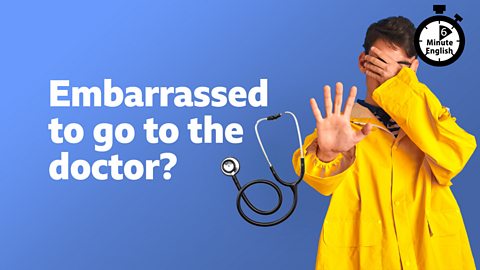
Embarrassed to go to the doctor?
Episode 241226 / 26 Dec 2024
Have you ever been embarrassed to go to the doctor?
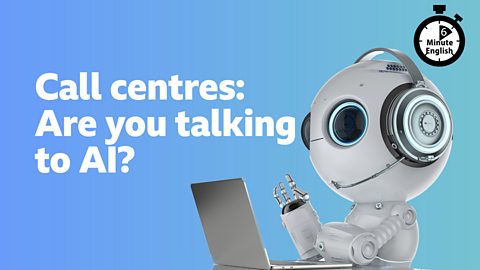
Call centres: Are you talking to AI?
Episode 241219 / 19 Dec 2024
Have you ever phoned up a company and had your call held in a queue? Could AI make this less painful?
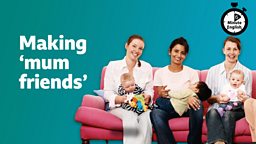
Making 'mum friends'
Episode 241212 / 12 Dec 2024
Is making new ‘mum friends’ the positive experience it’s often described as?
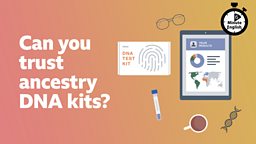
Can you trust ancestry DNA kits?
Episode 241205 / 05 Dec 2024
Are DNA ancestry tests a reliable way to trace your ancestry?
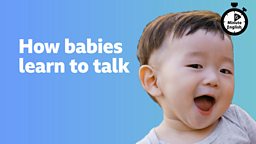
How babies learn to talk
Episode 241128 / 28 Nov 2024
What do babies need to learn to do to be able to talk?
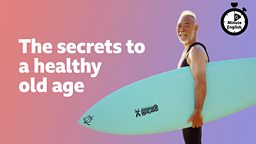

The bond between sisters
Episode 241114 / 14 Nov 2024
Are the stereotypes about older and younger sisters true?
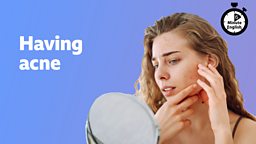

Why you need a good night's sleep
Episode 241031 / 31 Oct 2024
Why is it so important to get a good night's sleep?
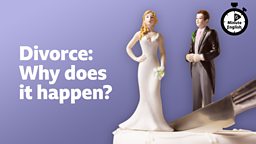
Divorce: Why does it happen?
Episode 241024 / 24 Oct 2024
How is divorce talked about in different countries?
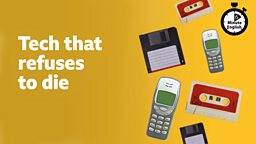
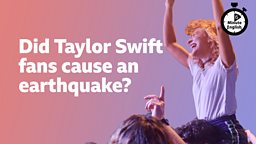
Did Taylor Swift fans cause an earthquake?
Episode 241010 / 10 Oct 2024
Did Taylor Swift move the Earth?
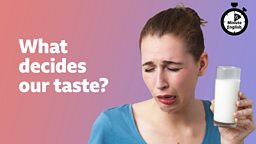
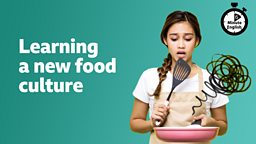
Learning a new food culture
Episode 240926 / 26 Sep 2024
Would you find it different to adapt to a new food culture?
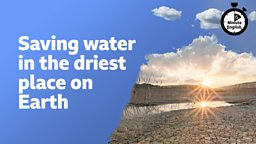
Saving water in the driest place on Earth
Episode 240919 / 19 Sep 2024
How do farmers in the driest place on Earth manage to grow crops? With this solution!
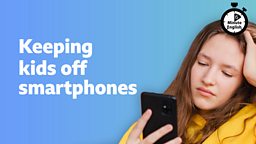
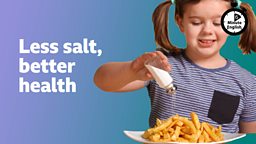
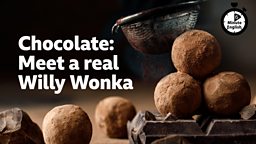
Chocolate: Meet a real Willy Wonka
Episode 240829 / 29 Aug 2024
Would you like to be a chocolate maker, like Roald Dahl's Willy Wonka?
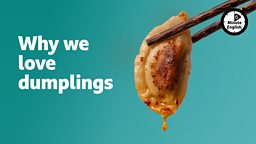
Why we love dumplings
Episode 240822 / 22 Aug 2024
Warning! This episode might make you very hungry...
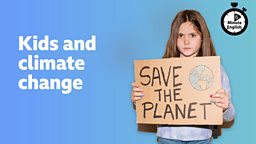
Kids and climate change
Episode 240815 / 15 Aug 2024
What are young people's thoughts on climate change?

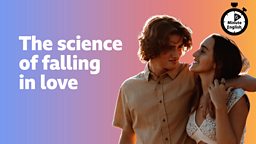
The science of falling in love
Episode 240801 / 01 Aug 2024
What's really happening in our brain when we fall in love?
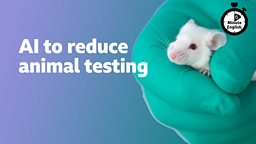
AI to reduce animal testing
Episode 240718 / 18 Jul 2024
Could AI reduce the need for animal testing?
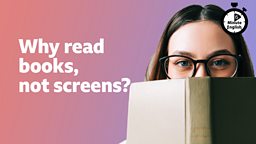
Why read books, not screens?
Episode 240718 / 25 Jul 2024
Why is it better to read from a book than a screen?
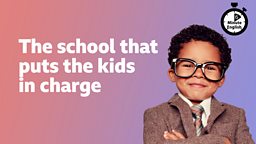
The school that puts the kids in charge
Episode 240711 / 11 Jul 2024
What happens when you put the kids in charge of the school?
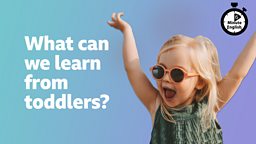
What can we learn from toddlers?
Episode 240704 / 04 Jul 2024
Learn to speak to yourself in the way that toddlers do!
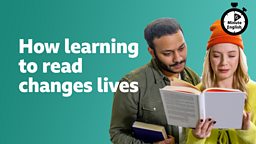
How learning to read changes lives
Episode 240627 / 27 Jun 2024
How can literacy change people's lives?
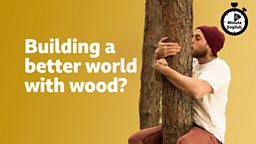
Building a better world with wood?
Episode 240620 / 20 Jun 2024
How can buildings made from wood help our mental health?
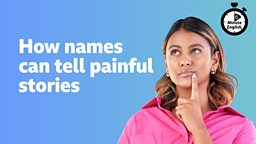
How names can tell painful stories
Episode 240613 / 13 Jun 2024
Could our name have painful baggage?
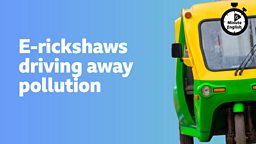
E-rickshaws driving away pollution
Episode 240606 / 06 Jun 2024
Could E-rickshaws give us cleaner air?

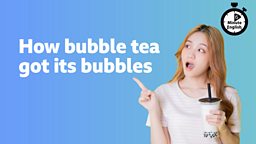
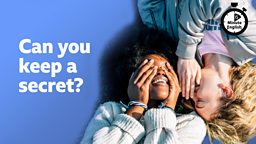
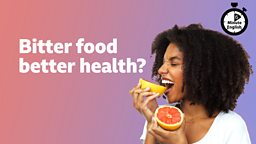
Bitter food, better health?
Episode 240509 / 09 May 2024
Could bitter foods be better for your health?
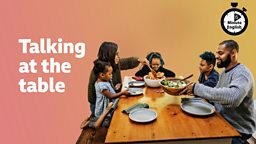
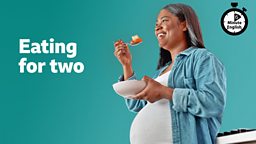

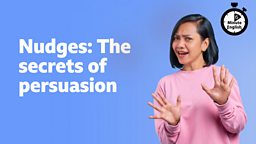

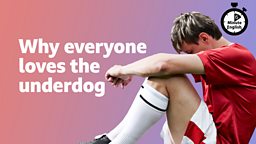

Disability in music and theatre
Episode 240321 / 21 Mar 2024
Learn about the people who are making it easier for disabled musicians and music fans to perform and see live music

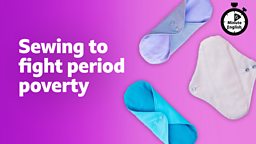
Sewing to fight period poverty
Episode 240307 / 07 Mar 2024
Period poverty affects over 500 million people worldwide. How can a volunteer project help?
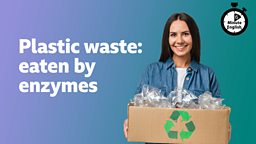
Plastic waste eaten by enzymes
Episode 240229 / 29 Feb 2024
Plastics can be difficult to recycle. Could a recently discovered enzyme help?
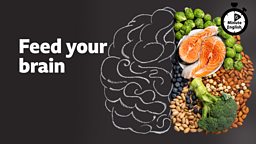
Feed your brain
Episode 240222 / 22 Feb 2024
Food is fuel for our brains. So, what should we be eating?
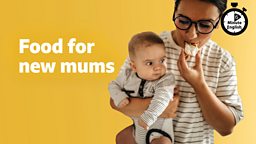
Food for new mums
Episode 240215 / 15 Feb 2024
Having a baby is exhausting! What do mothers need to eat after giving birth?
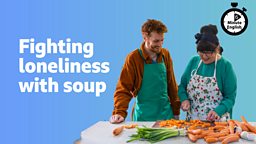
Fighting loneliness with soup
Episode 240208 / 08 Feb 2024
Hear how a project in the Netherlands is helping in the fight against loneliness

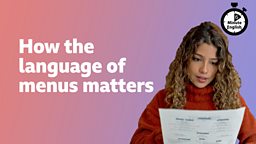
How the language of menus matters
Episode 240125 / 25 Jan 2024
Why is the language used on menus important?
